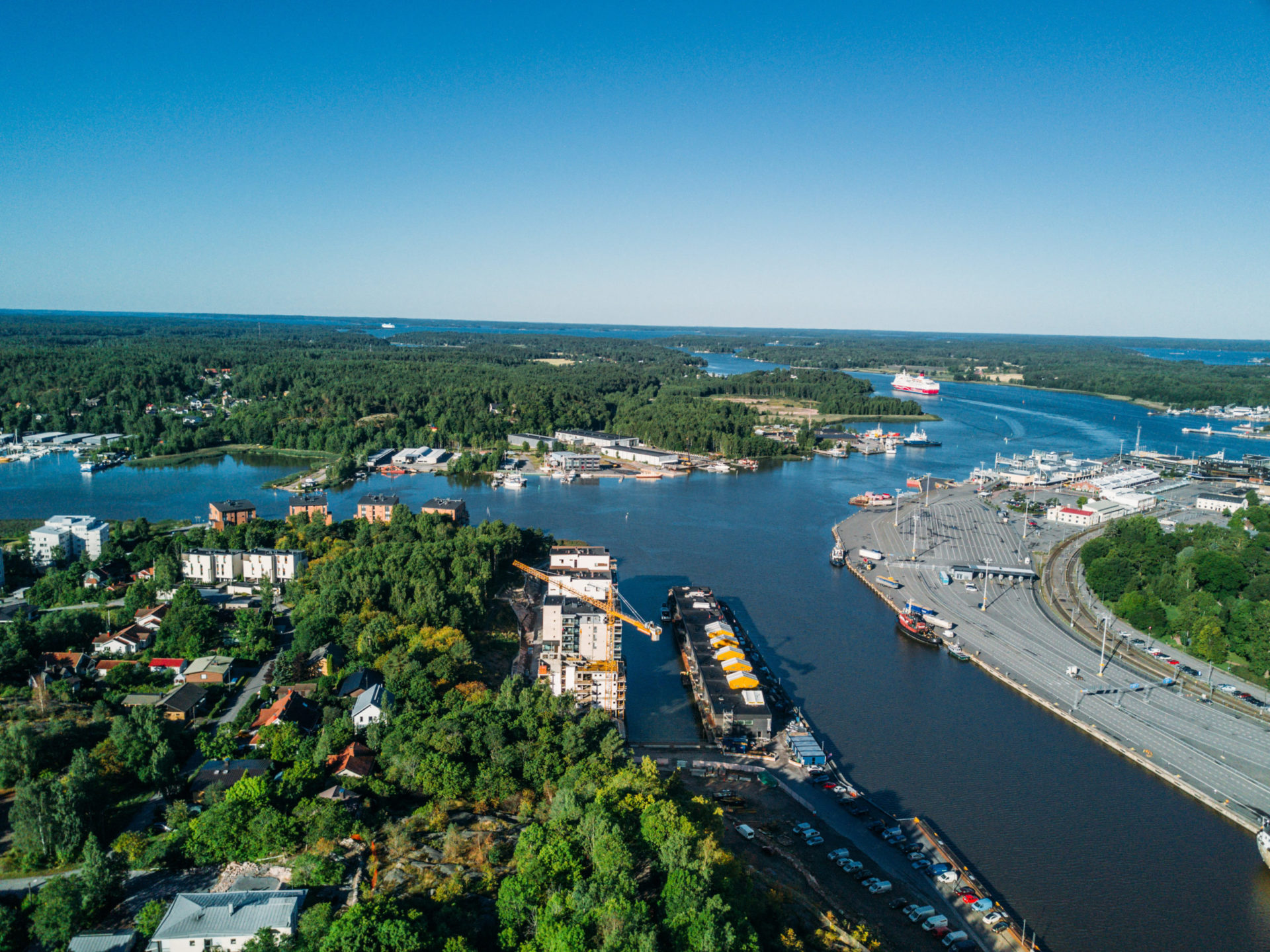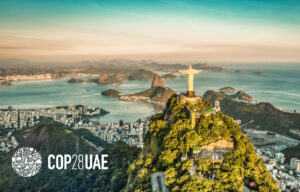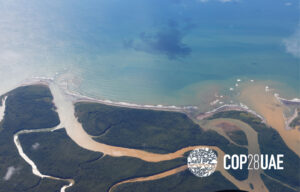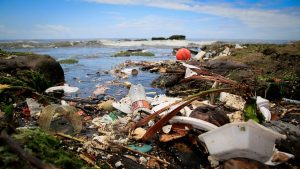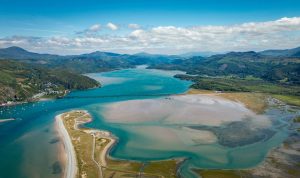Cities and Helsinki Commission identify opportunities for co-operation on pollution reduction efforts
The project "Baltic Sea Pioneers for better pollution monitoring and reporting" has identified opportunities and confirmed interest among cities and the Helsinki Commission (HELCOM) to co-operate on Baltic Sea Action Plan pollution reduction efforts – specifically with regard to sharing data around measures to reduce nutrient leakage.
These findings came to light through desk research conducted by the Swedish Environmental Research Institute (IVL) and a series of multi-sector stakeholder dialogues led by SIWI Swedish Water House and Race For The Baltic, and with the involvement of representatives from HELCOM’s working group on reduction of pressures from the Baltic Sea catchment area. The results of this project will inform discussions at the 2018 HELCOM Ministerial Meeting on 6 March in Brussels and future projects on information-sharing platforms related to pollution reduction measures and Baltic Sea Action Plan progress indicators.
Cities have a role to play in future state of the Baltic Sea
The Baltic Sea is under a longstanding threat from eutrophication. About 80% of all nutrients in the Baltic Sea come from land-based activities including sewage, industrial and municipal waste water and agricultural run-off – activities where local governments play a key role. During most of the 20th century, the inflow of nutrients was increasing. At present, the Baltic Sea is on the threshold of recovery but further measures for land-based pollution prevention will be necessary.
How local data can accelerate solutions
Baltic Sea Pioneers for better pollution monitoring and reporting is a project that was initiated to clarify the role of cities in monitoring and reporting their nutrient load to national and regional authorities and to consider additional benefits that could be captured from this data. The final workshop of the project, which comprised desk research and dialogues conducted throughout 2017, was held on 7 December 2017 in Stockholm. Attending the workshop were representatives from municipalities in Sweden (Kalmar, Västervik), Poland (Słupsk), Lithuania (Panevėžys) and Finland (Helsinki), the HELCOM Pressure working group, IVL, the Swedish Agency for Marine and Water Management (SwAM), SIWI and Race for the Baltic.
Potential to enhance collaboration between cities and HELCOM
The main conclusion of the workshop was that there is interest for enhancing the co-operation between cities and HELCOM Pressure with regard to sharing data and knowledge around pollution reduction efforts – in order to accelerate the implementation of cost-effective measures and capture additional benefits from communicating progress toward Baltic Sea Action Plan targets.
– “Municipalities have the possibility to pinpoint where measures will be feasible and which local benefits that comes with the expected effects,” said Heléne Ejhed, IVL.
– “In Panevėžys, we collect data on several measures’ potential to reduce pollution to water, but we don’t know how to best use it to motivate citizens. We would like to establish common information sharing platforms for citizens so that people can see improvements, and we want to start awareness raising activities in schools”, said Dalia Gurskiené, Chief Expert at the Department for Communication and Foreign Affairs in the city of Panevėžys, Lithuania.
– “Local actors are very important and HELCOM has concluded that closer engagement with municipalities is needed,” said Lars Sonesten, chair, HELCOM Pressure group

Project findings to inform HELCOM and future projects
The project has also shown that municipalities that are engaged in the development of plans and implementation of measures to reduce nutrient discharges in their municipality could be more involved in the monitoring and reporting on the impact of the measures to the national level, and subsequently to HELCOM, thus contributing to the effort to achieve Baltic Sea Action Plan targets.
Further, co-ordination and communication of the important role municipalities play, as well as feedback to municipalities on how their reported data is used, can lead to a higher political and practical prioritization of environmental work at the municipal level. The project also confirmed a mutual interest from both municipalities and HELCOM in finding ways to align and connect their respective efforts for a clean Baltic Sea.
The results of the project will contribute to discussions on municipal level action and engagement at HELCOM’s upcoming Ministerial Meeting in March 2018, where developing a new Baltic Sea Action Plan that stretches beyond 2021 and up to 2030 will be addressed.
A pioneering initiative, supported by a range of stakeholders
The project “Baltic Sea Pioneers for better pollution monitoring and reporting” is led by SIWI Swedish Water House (SWH), in partnership with Race for the Baltic (RFTB) and The Action Platform for Source-to-Sea Management (S2S Platform). It is financed by the Swedish Institute and was initiated as a result of previous collaboration between SIWI and Race For The Baltic, together with municipalities on their local Baltic Sea Action Plans. The project aligns with Race For The Baltic’s “Baltic Sea City Accelerator” programme – an open, knowledge-sharing platform, working with municipalities and partnering with stakeholders from various areas, e.g. science, business, NGOs, and solution providers to clean up the Baltic Sea.
